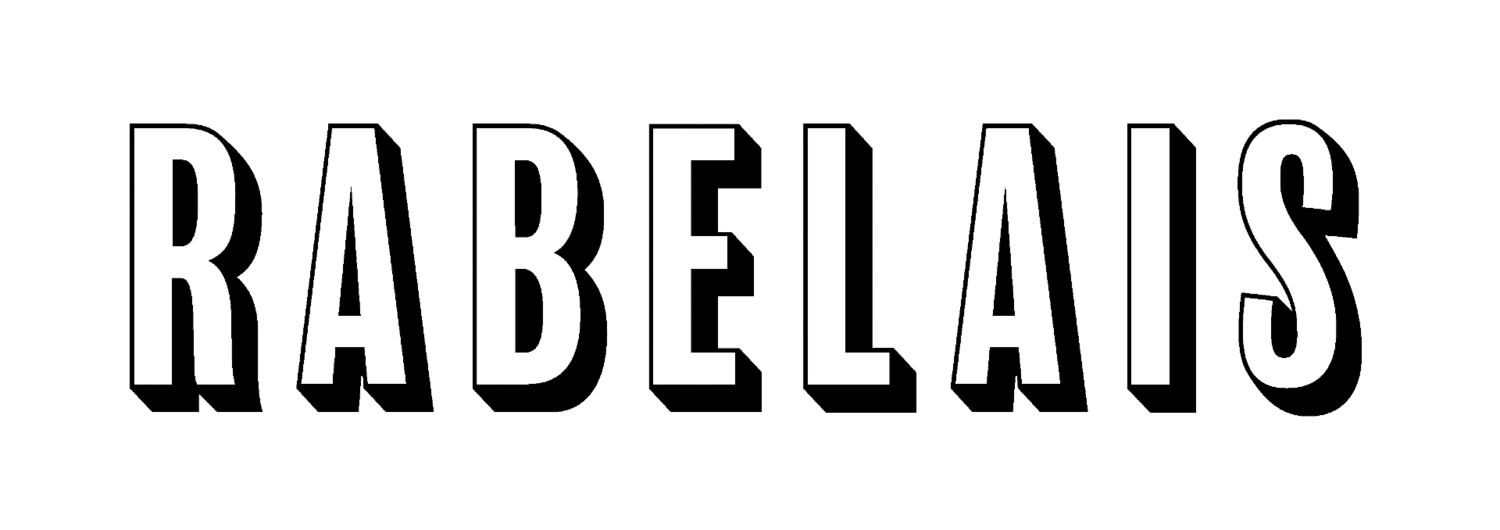Identity
When I was in grade 6, my dad had to come to my school for a parents’ teacher conference and he didn’t know how to explain himself to the security guard at the school gate. He did know my name of course, I was his daughter, but it didn’t mean anything to the security guard who guarded a school with thousands of students with thousands of names. The guard insisted on knowing my class and section, for that was what mattered to him, as he must have been instructed to usher the parents in the respective directions. I don’t remember how my dad survived that test of identity on that day, but the memory stayed on in my mind because it helped me understand that one’s identity is situational and has multiple attributes. The more you know, the better your authenticity.
As a teenager I was quite proud of my name. It was modern in that era and rather uncommon. Nevertheless, the name on its own was far from sufficient as a form of identity to a teenager who, as per the typical teenage species, was struggling with a personality to complement the name, a way of establishing a unique, stronger identity. I was far from being noticed for good looks or for special talents such as singing or dancing that shapes one’s identity. I was good in my studies and I chose an identity for myself relating to that. I dressed without care, behaved absentmindedly (not deliberately, but I enjoyed others’ shock in my absent-mindedness) and got the best grades in the class. I wanted to be recognized for being brainy without any hard work.( Between you and me, back home , I worked till late-nights to secure those good grades that apparently looked so easy, in the eyes of others!) Looking back to my teenage years, I can see my struggle with myself, my identity , trying to be someone I wasn’t or not knowing who I really was.
With years, I understood how my identity took different forms. At examinations it was an index number, at security checks it was my national identity card, at university it was my student’s card and at the public library it took the form of my library membership card. My existence was ascertained with numbers, codes, photographs and tallying signatures. After reading the famous diary of Anne Frank, I developed an obsession for World War 2 stories. The Nazi prisoners’ identity was tattooed on them in form of a number; the number became so overwhelmingly powerful that misreading it could cost you your dear life!
The first time I boarded an airplane my identity changed to my passport and nationality. In my own country, the nationality was taken for granted like parts of your body that you expect to speak for themselves. I was shocked that how many of them out there didn’t
know the very existence of my country, let alone my nationality. At the same time, it gave me an air of importance, I was an ambassador, I had to be responsible and sometimes show off a little, invent a little exoticism here and there, because people were waiting to be impressed.
Identity has its own queerness. While the numerical and digital identities were required for formal and “serious” work other friendly relationships went easy on one’s identity. Name was a popular form of identity but altered names and pet names reflected one’s closeness and intimacy where identity didn’t serve identification, but just a tool for getting in touch. Ironically my faithful dog that I called “Chien” required none of these. He knew me from others in the pitch dark and I felt humbled at his acceptance. So, identity was simpler and far more accurate in the world of animals perhaps, it was “in-built” in their package of instincts.
Looking at “identity” reflectively, it is funny how sometimes everything else can be more effective than the standard form of identification. It is easy to forget one’s name but one’s appearance can play quite a vital role in ringing a bell. Also, other attributes of the person such as profession or personal life information may shape your identity more strongly than you think. My mother was known for her tutoring skills and they always mentioned her tutoring when they wanted to refer to her.
With multiple forms of formal and informal identities, I continue to struggle with my inner identity. In my attempt to be the best of me, I sometimes end up getting depressed and unforgiving to myself. Every New Year or birthday resolution I strive to keep up is a silent reflection of my own assessment of the discrepancy between what I am and I want myself to be. Therefore, I believe forming, shaping and maintaining one’s identity is an eternal struggle, from birth to death and even at your funeral, perhaps more prominently at your funeral than ever before.
